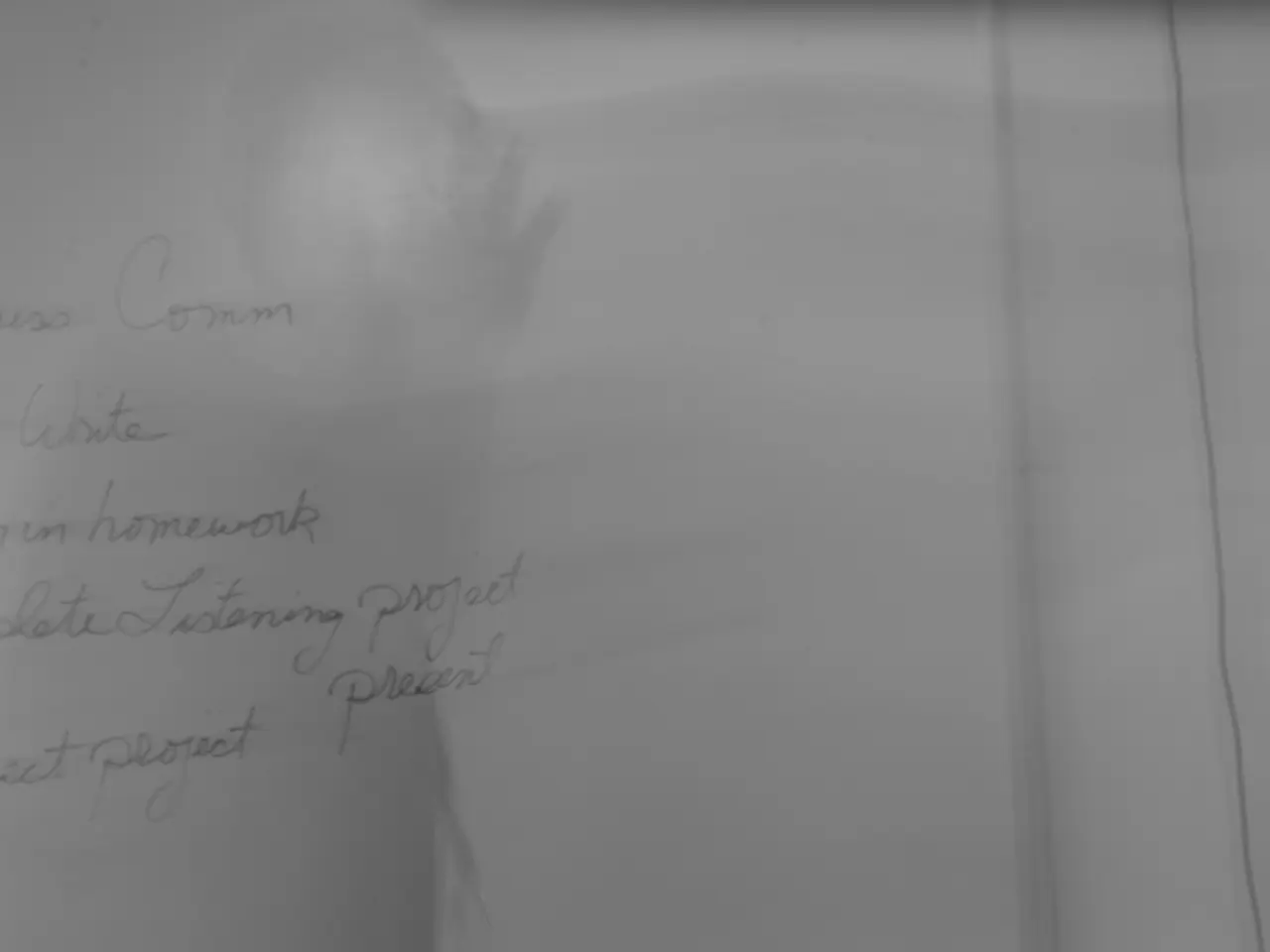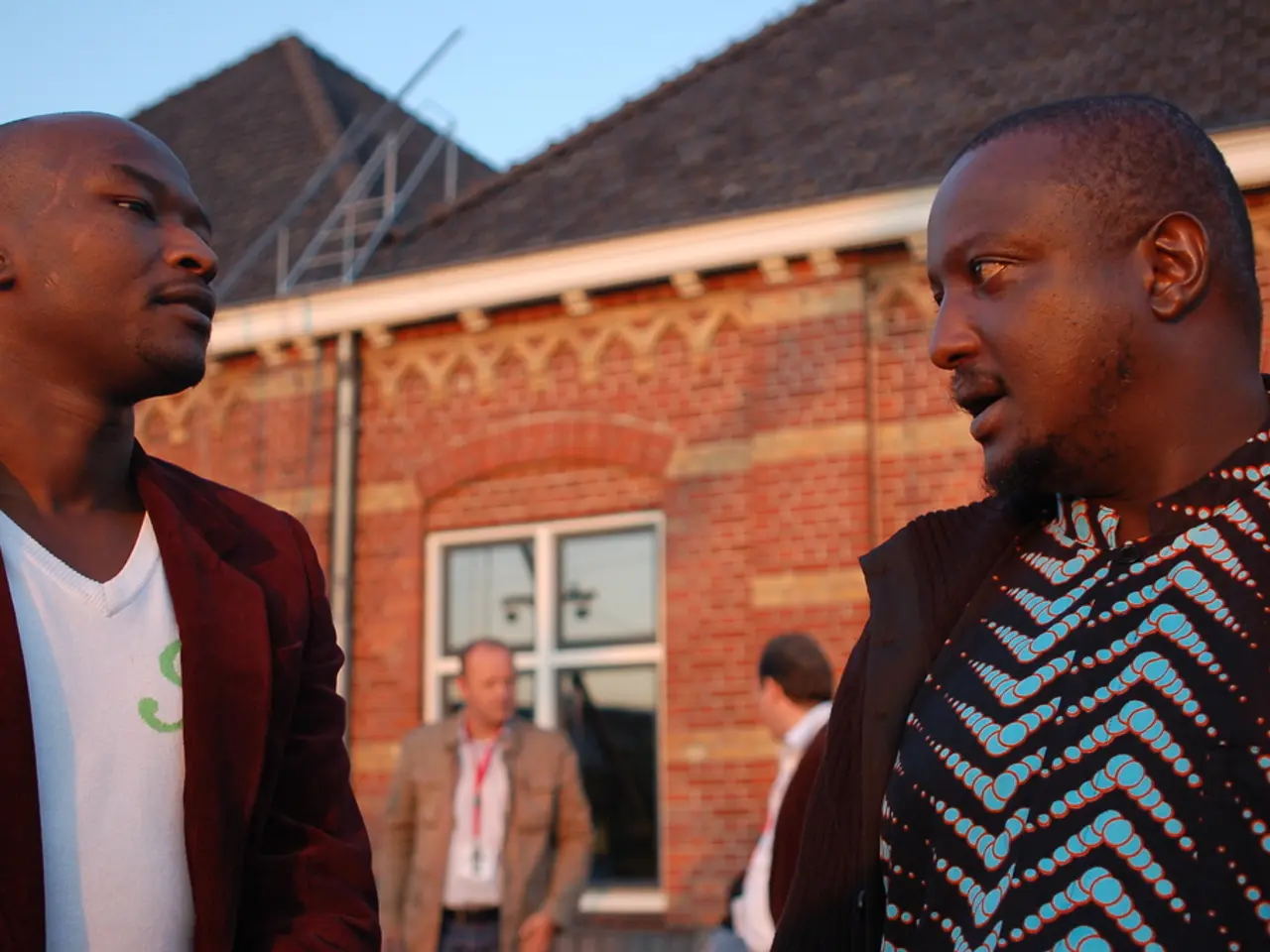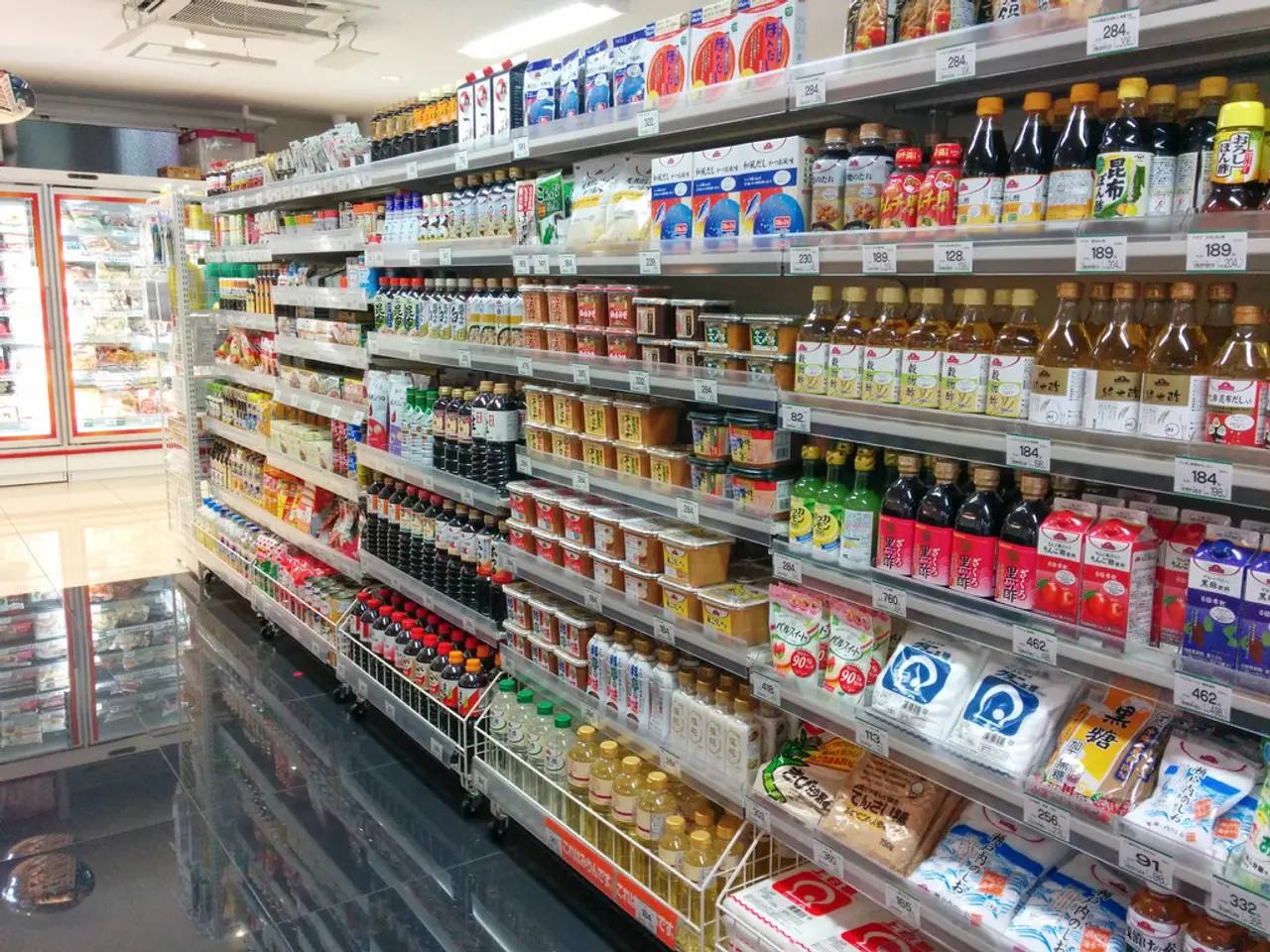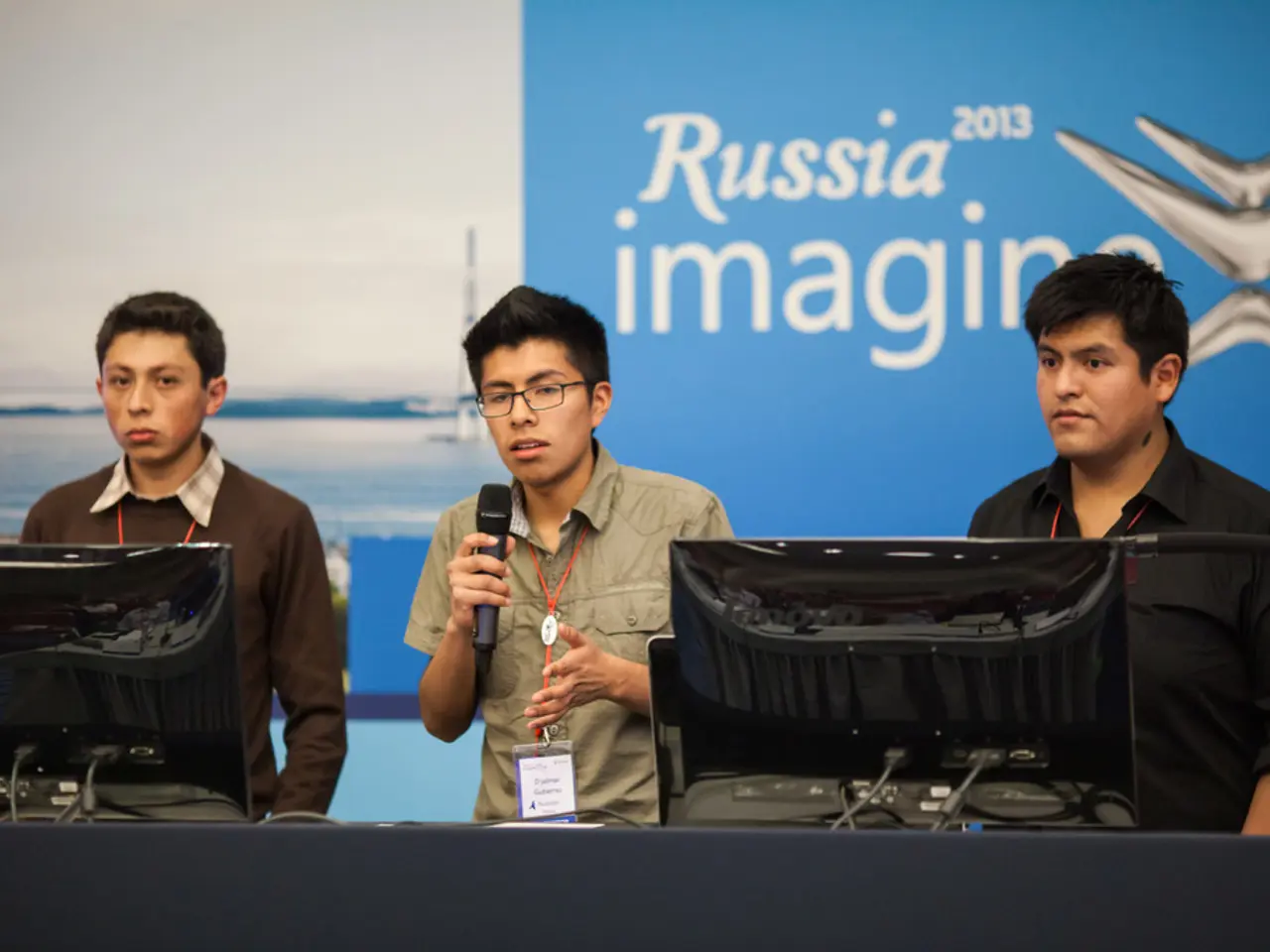Reimagining the Power Grid: Decentralization for a Sustainable Future
Expansive Infrastructure for Renewable Energy Sources
German political leaders are celebrating the approval of plans to construct numerous new gas power plants, dubbed as "firefighters" of the power system. However, energy expert Klaus Mindrup is skeptical about this move, questioning the need for such extensive fossil fuel infrastructure. He emphasizes that a more strategic build-out of the energy system would reduce the demand for these backup resources.
The Misconception of Centralized Power
Mindrup views the current German approach of isolating sectors—electricity, heat, and transportation—as an oversight, leading to inadequate and inefficient outcomes. By combining efforts across sectors, they could achieve better, cost-effective results rather than investing in 20 gigawatts of gas power plants.
The Myth of the Universal Copper Plate
The traditional notion that electricity can be transmitted without loss or resistance from Flensburg to Garmisch-Partenkirchen is a fallacy. However, long transmission lines and inadequate network expansion pose significant challenges when dealing with renewable energy sources, requiring continuous repair work and causing significant redispatch costs.
Why Centralized Network Expansion Fails
Despite plans for high-voltage direct current line expansions, network operators underestimate the rate at which renewable energy capacity increases yearly. This makes a network primarily designed for the feed-in of renewables unaffordable, as flexibility must be organized locally to be efficient.
The Future of Power: Cellular Grids and Local Solutions
A cellular approach, similar to the concept behind cellular networks, emphasizes building smaller, locally controlled units or "cells" in the power grid. This contrasts with traditional centralized networks where power generation, distribution, and control decisions are managed from a single authority.
This cellular model offers several benefits, such as modular, scalable expansion, efficient utilization of existing infrastructure, and increased grid resilience and stability for renewable energy feed-in. By deploying decentralized energy resources, integrating variable renewable energy sources becomes cheaper and more effective, enhancing the overall efficiency of the power grid.
Towards an Energy Revolution
The rapid advancement of renewable energy sources and the benefits offered by cellular power grids signify a critical shift in the global energy landscape. Continuing to hold onto outdated systems, such as the German power grid, will hinder the potential for a sustainable, cost-effective, and efficient energy future. It is vital for countries to embrace this energy revolution and transition towards decentralized power systems to adapt to our changing world.
Clara Pfeffer and Christian Herrmann engage in a stimulating conversation with energy expert Klaus Mindrup, highlighting the importance of stepping away from past practices and innovating adaptive solutions for a greener, more resilient energy future. Listen to their discussion on the "Klima-Labor" podcast by ntv.
Source: ntv.de Power grids, Federal Network Agency, Katherina Reiche, Energy supply, Energy transition, Dunkelflaute
Enrichment Data: A cellular approach to power grid expansion models the electrical grid as a collection of smaller, locally controlled units or "cells" (akin to cells in cellular networks). Each cell operates semi-autonomously with defined electrical boundaries and local control, managing generation, load, and storage within its area. This approach can lead to more flexible, scalable, and cost-effective integration of renewables with enhanced local stability. In contrast, centralized networks rely on large-scale, centralized control and infrastructure that may be less adaptive and more costly for renewable feed-in.
- The cellular approach to power grid expansion, inspired by cellular networks, advocates for building smaller, locally controlled units or "cells" that can more efficiently utilize existing infrastructure, reduce redispatch costs, and enhance grid resilience and stability for renewable energy feed-in.
- As the global energy landscape transitions towards renewable sources, traditional centralized networks, such as the German power grid, may face challenges in adaptability and affordability due to their inflexibility, high costs, and decreased efficiency in managing decentralized, variable renewable energy sources.




